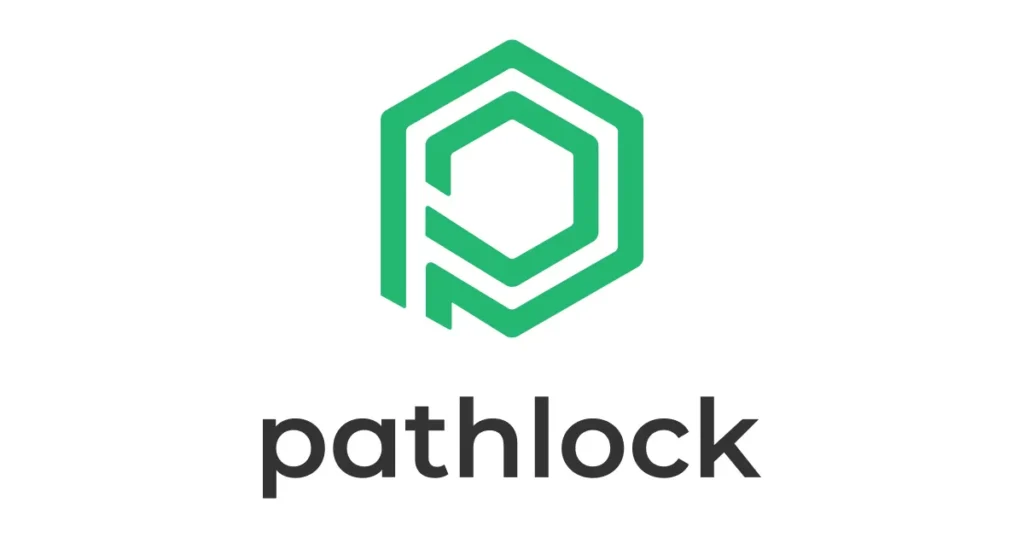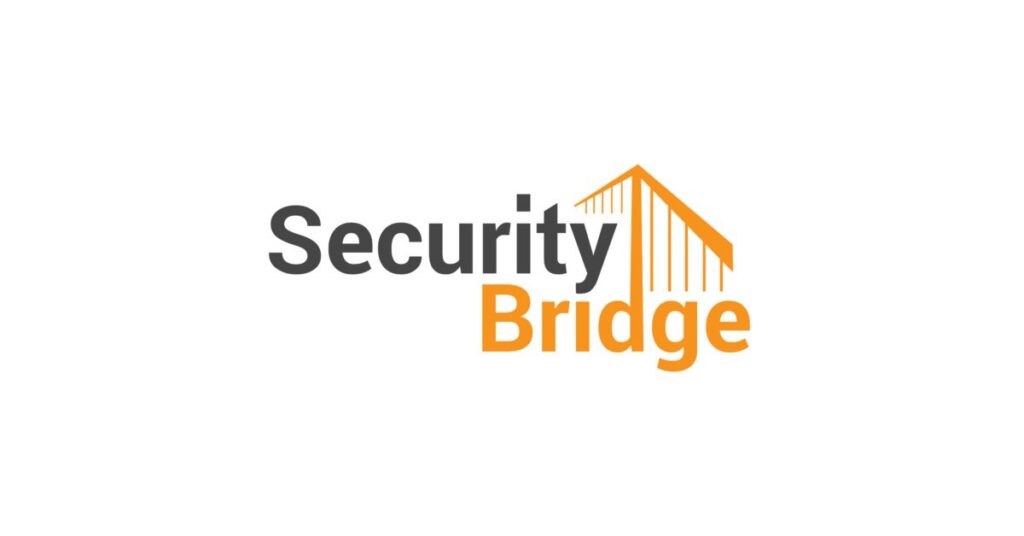Safeguarding Federal Agencies, AI, and Data Access with Zero-Trust Architecture
Organizations are progressively integrating Zero Trust security architectures to mitigate the vulnerabilities inherent in conventional perimeter-based defenses, which are increasingly inadequate against complex and escalating cyber threats. Zero Trust adopts a default-deny posture, presuming potential malice in all access requests, even those originating internally. This paradigm shift enhances data security by enforcing stringent access controls to critical data and employing continuous monitoring mechanisms to detect and respond to anomalous activities, effectively diminishing the likelihood of data breaches.
Zero Trust strengthens remote access security by implementing rigorous authentication and verification processes for all users and devices, ensuring compliance with stringent regulatory mandates such as HIPAA, PCI DSS, and GDPR. It also curtails the potential for lateral movement within network environments by segmenting resources and applying strict access controls, thereby isolating and minimizing breach impacts. By continuously adapting to the dynamic cyber threat landscape, Zero Trust offers a robust and comprehensive security framework that significantly enhances the protection of organizational assets.
The article discusses INDOPACOM's implementation of zero trust data security, safeguarding AI, and advancements in data access security, and how they use zero trust data-centric security to make strides in the realm of cybersecurity.
INDOPACOM’s Zero Trust Implementation
Multiple federal agencies have adopted the Zero Trust Reference Architecture outlined by the U.S. Department of Defense (DoD) to modernize their data-centric security strategies. The U.S. Indo-Pacific Command (INDOPACOM) has been particularly proactive in this shift, tailoring zero trust implementations to not only meet U.S. military needs but also accommodate various allied and partner nations, each at different stages of cybersecurity readiness. Directed by the DoD and the White House to embrace zero trust, INDOPACOM seized this directive as an opportunity to overhaul its network defense from a domain-centric to a data-centric approach starting in Summer 2021.
INDOPACOM has since developed a data-centric security framework with multidomain capabilities through the INDOPACOM Mission Network. The framework enhances the security of both unclassified and classified networks, facilitating collaboration with coalition partners through a unified management interface along with boosting the command's operational continuity.
The implementation leverages NextLabs’ policy platform, which employs attribute-based policies and dynamic authorization based on zero trust principles to enable secure and effective information sharing among allies. This ensures that access to sensitive data is controlled, which aids in enhanced decision-making. INDOPACOM's data analysis teams are employing this advanced approach to manage data more efficiently, crucial for real-time strategic decision-making. In the subsequent phases, INDOPACOM is focusing on refining data integration and analysis techniques to better support AI and machine learning applications, setting the stage for more nuanced and data-driven operational strategies.
As AI becomes increasingly integral to organizational operations, the need to secure AI systems and their data has never been more critical. Many other organizations are adopting AI to enhance business processes and gain insights, but this comes with the challenge of managing massive data inputs and guarding against unauthorized access and vulnerabilities. Techniques like prompt injection and inference attacks can manipulate AI models to reveal confidential data by embedding malicious prompts or inferring details from the model’s responses.
Protecting AI systems demands a comprehensive strategy that leverages Zero Trust Architecture (ZTA) and Data-Centric Security, through implementation of dynamic authorization policy engine that incorporates attribute-based policies to regulate access and user actions in AI systems, coupled with logical data segregation and dynamic data obfuscation / masking to fortify ML, LLM, and business data in AI systems, while applying Attribute-Based Access Control (ABAC) and Digital Rights Management (DRM) to safeguard AI outputs. With this approach,
organizations can effectively reduce risks and bolster the security and integrity of their AI environments. These measures, grounded in zero trust principles, are crucial for protecting the AI system, its data, and its outputs, ensuring the integrity and confidentiality of business and technological processes.
A data-centric strategy significantly enhances the protection of global data access. NextLabs' Data Access Enforcer (DAE)offers a robust solution by dynamically enforcing zero trust, data-centric security policies across a variety of enterprise and cloud applications. Through attribute-based access control (ABAC) policies that are applied dynamically at runtime, DAE prevents improper disclosure and ensures data is secured transparently and effectively, regardless of access method.
Recent enhancements in NextLabs’ DAE introduce preventive measures to secure global data access, restrict unauthorized entries, and meet compliance demands. This is achieved using: dynamic data masking, logical data segregation, data manipulation control, and obfuscating data at rest with Format Preserving Encryption (FPE). DAE provides out-of-the-box (OOTB) support for over 100 cloud and enterprise applications and databases, which enables implementation with minimal impact to existing systems and business operations.
Conclusion
The growing deployment of AI has empowered many organizations, like INDOPACOM to refine business processes and extract deeper insights. However, it is equally important to protect the AI system, the data it utilizes, and the outputs it generates. This requires integrating a dynamic authorization policy platform that leverages attribute-based policies and zero trust principles with a data-centric enforcement strategy. Data-centric security solutions, such as NextLabs’ Data Access Enforcer (DAE), enable organizations to dynamically apply zero trust data-centric security policies across various enterprise and cloud applications, including AI systems. This ensures that global data access is controlled based on attributes in real-time, helping organizations to prevent unauthorized access, secure data, and meet compliance obligations simultaneously.
Learn more about the approach INDOPACOM used to implement data-centric security with zero trust principles with NextLabs, here.
Also, NextLabs will be at both SAP Sapphire Events this June, visit them for more information at SAP Sapphire & ASUG Orlando booth #515 and SAP Sapphire Barcelona booth #5.215.





